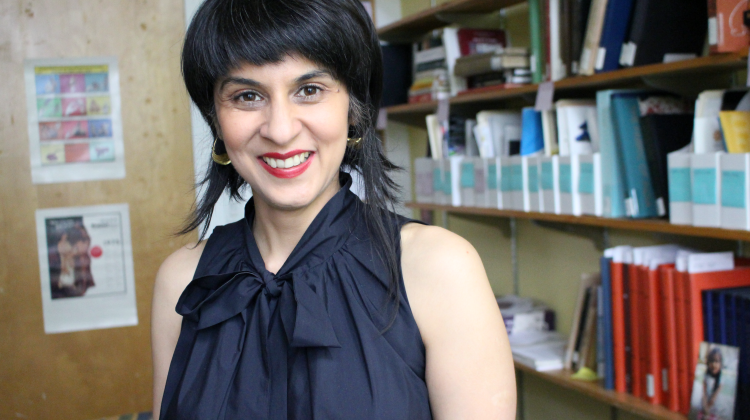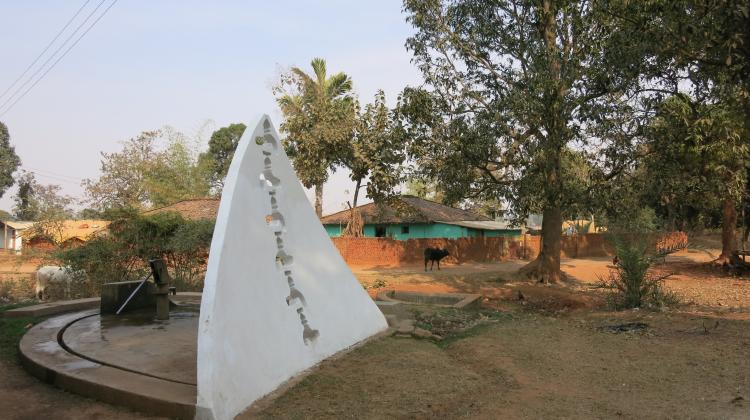In his poem “Lahore” (2023), Arvind Krishna Mehrotra remembers “Behind razor wire, the home town/next door,” citing an image of the border between the newly created nation-states of India and Pakistan from Saadat Hasan Manto’s short story “Toba Tek Singh” (1955). Razor wire evokes the violence of floodlit fences, security barriers, and checkpoints that structure everyday life in contemporary South Asia at international borders and elsewhere. Since the late 1990s, visual artists from Bangladesh, India, Pakistan, and Sri Lanka have aimed to conceive a region beyond razor wire through collaborations that have taken the form of artworks, exhibitions, projects, and artists’ associations. This presentation considers one such example from a largely rural and Adivasi (Indigenous) part of Chhattisgarh state in India that was historically the kingdom of Bastar. Established in 2005, the Dialogue Interactive Artists’ Association has created site-specific installations and public spaces which respond to cultural interventions by metropolitan subjects in Bastar. These works probe the boundary between village and city, art and craft, and product and process, and present distinct methodological challenges for the writing of global art histories.
Sonal Khullar is the W. Norman Brown Associate Professor of South Asian Studies in the Department of the History of Art at the University of Pennsylvania. She is the author of Worldly Affiliations: Artistic Practice, National Identity and Modernism in India, 1930-1990 (University of California Press, 2015) and editor of Old Stacks, New Leaves: The Arts of the Book in South Asia (University of Washington Press, 2023). She is completing a book manuscript, The Art of Dislocation: Conflict and Collaboration in Contemporary Art from South Asia, under advance contract with the University of California Press.
The HTC Forum is made possible with the generosity of Thomas Beischer and The Lipstadt-Stieber Fund.




